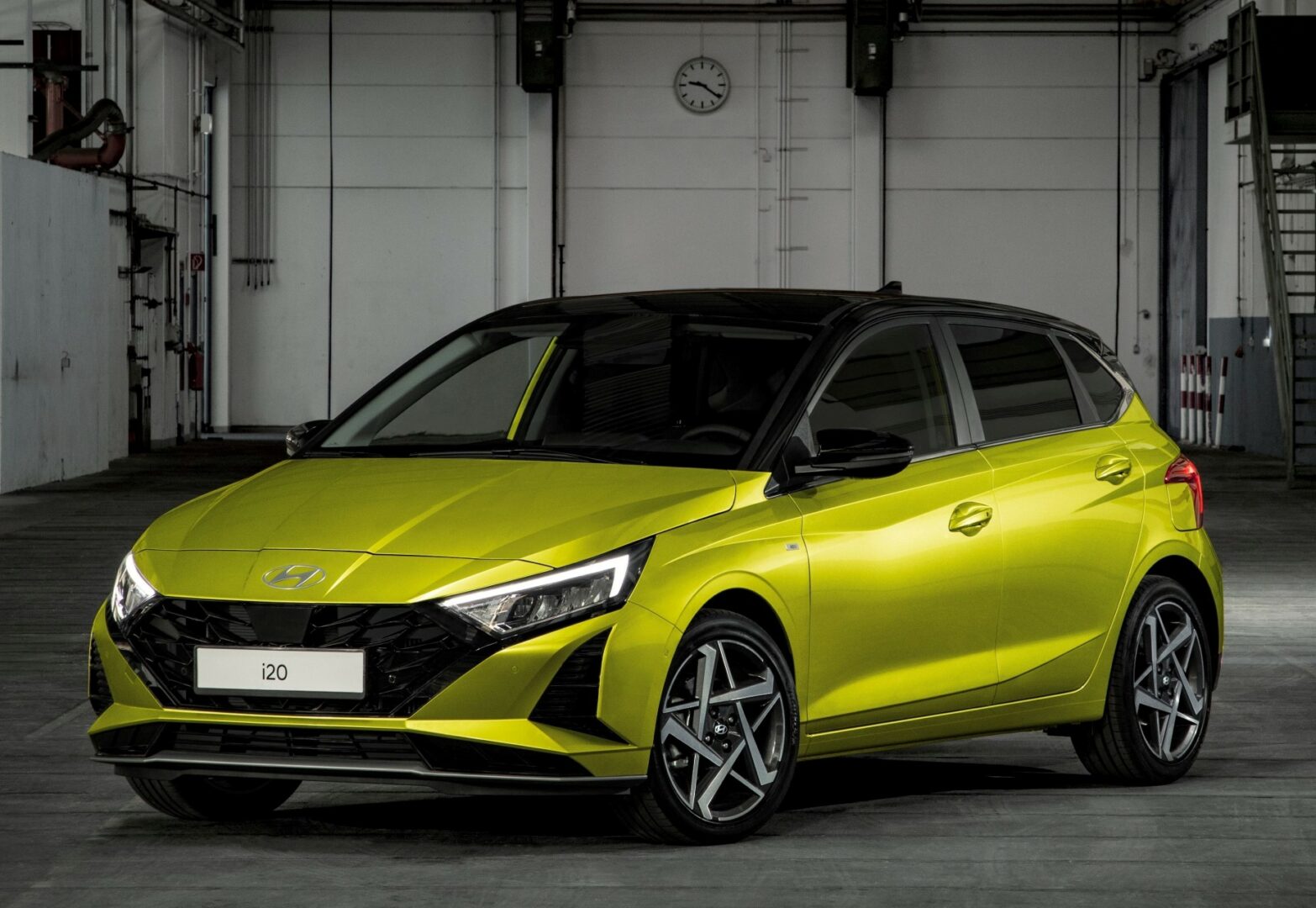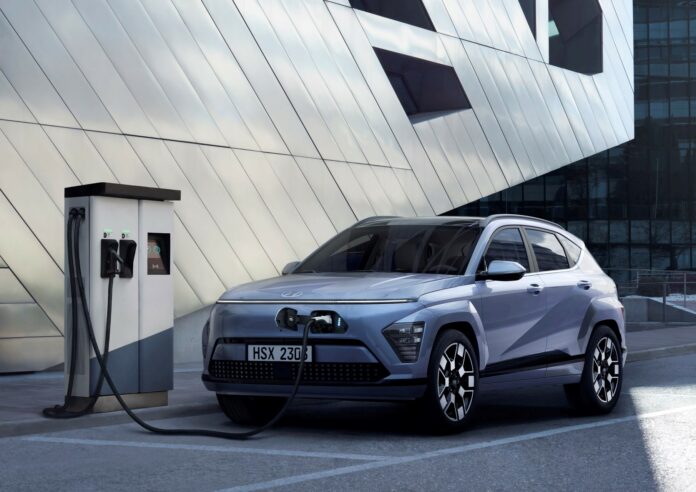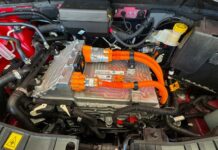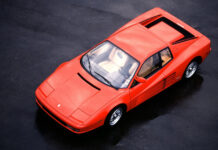Promoting electric mobility as the future transport technology brings a gradual decrease in the intensity of development and sales of regular combustion engines.
The world’s automakers are gradually excluding petrol or diesel engines from their offer and are focusing on expanding the offer within electric cars. Some manufacturers of sports and higher categories of vehicles proceeded to reduce the number of cylinders by volume and larger engines. Petrol engines are currently combined with electric drive. However, there is also an effort to keep combustion engines using environmentally friendly synthetic fuels. It is still very complex, and we will see how it all develops by 2035 when the production of cars with gasoline and diesel engines is to be discontinued. Those drivers and car fans who perceived the work of 6-, 8- or multi-cylinder engines as a captivating sound of orchestra and pleasure from driving will be sad about the transition. Now let’s look at some car “kitchens” that are currently preparing a fresh menu.
The End of the Eight-cylinder Tradition
After many years, the Maserati brand says goodbye to the 3.8 V8 Twin-turbo engine. The Ghibli 334 Ultima and Levante V8 Ultima farewell models will be presented in Goodwood n the summer. The replacement will be 3.0 V6 Nettuno. In 2030 will offer electric cars only.

News from Porsche
The Porsche 718’s last pure petrol engine is called the Spyder RS. It received an atmospheric flat six-cylinder engine with a displacement of 4.0 l (362 kW/493 hp; 450 Nm). The roadster accelerates from 0 to 100 km/h in 3.4 seconds. The maximum speed is 308 km/h.

W12 Edition
Bentley has announced that it will end up with a 6.0 W12 twin-turbo engine (484 kW/659 hp; 900 Nm), honoring it in a special edition of the Bentayga, Flying Spur, Continental GT, and GTC models. One hundred twenty units will be produced from each model in Speed Edition 12. The W12 will end in the spring of 2024, followed by the complete gradual electrification by 2030.

Minus Four Cylinders
Aston Martin also subtracted the number of cylinders. Instead of the V12 engine, the new Aston Martin DB 12 used an eight-cylinder turbocharged Mercedes-Benz engine (4.0 V8 biturbo; 500 kW/680 hp; 800 Nm). Therefore, the fans of this car manufacturer will enjoy the modern high-performance petrol engine for some time (as in many other brands).

Electric Version First
The new eighth generation of the BMW 5 Series offers the electric versions i5 eDrive40 (250 kW/340 hp; 400 Nm; one rear electric motor) and i5 M60 xDrive (442 kW/601 hp; 795 Nm; one electric motor on each axle). Depending on the region and market, plug-in hybrid systems or extremely economical fuel-efficient petrol and diesel engines, including 48-volt mild-hybrid technology, will also be available. The BMW 5 Series Sedan will be launched in October 2023.

Slimming Down the Offer
In turn, the facelifted Hyundai i20, which no longer has a four-cylinder engine, can be an example of fuel efficiency optimization. Combined with the 1.0 T-GDI, a 48V mild-hybrid system (73 kW/100 hp and 88 kW/120 hp) will be placed under the hood. The innovative i20 is expected to appear on our market in the autumn of this year.

Text: Peter Stano, photo: Aston Martin, Bentley, BMW, Hyundai, Maserati, Porsche













